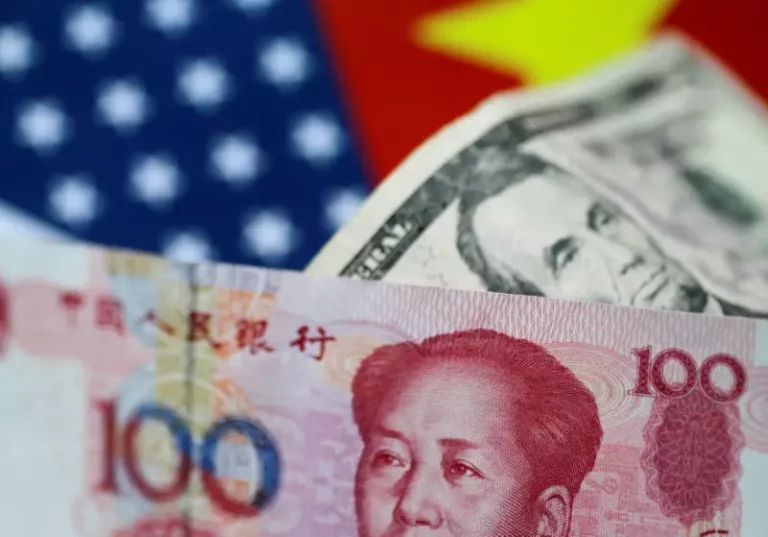Analyzing the Impact of Political Debates on Currency Markets

As the global economic environment continually evolves, the interconnectedness of political events and financial markets becomes increasingly apparent. The recent presidential debate in the United States has once again showcased how political discourse can influence economic sentiments, particularly in the realm of foreign exchange markets. This article embarks on a comprehensive analysis of the dynamics influencing Asian currencies, the implications of political drama, and the outlook for investors as they navigate these turbulent waters.
Political debates, especially those leading up to national elections, often create waves that ripple through markets, manifesting in fluctuating currency values. The heated exchanges between Vice President Kamala Harris and former President Donald Trump provided a classic example of this phenomenon. Amidst personal jabs and contentious arguments, participants are not only positioning themselves for voter appeal but also unwittingly affecting investor behavior. With uncertainty surrounding the 2024 presidential race escalated, market players are now analyzing their strategies based on the increasingly polarized political climate.
In the aftermath of the debate, the U.S. dollar experienced a decline, losing approximately 0.2% against a basket of currencies. This downturn highlights a sensitivity to political unrest, as uncertainty often leads investors to seek safer assets. Currencies like the Japanese yen, traditionally viewed as safe-haven options, experienced upward momentum, thriving amidst fears of instability often tied to election forecasts.
Among the varied currencies reacting to the political climate, the Japanese yen emerged as a prominent beneficiary. Notably, the yen appreciated to levels not witnessed since early January, with the USDJPY pair decreasing by around 0.8% to settle near 141.38 yen. This rise underscores a significant trend where investors flock to perceived safe assets during periods of elevated geopolitical risk.
The ascent of the yen was aided not solely by traditional risk aversion but also by a series of hawkish comments from the Bank of Japan (BOJ). These remarks from BOJ officials, particularly a statement by member Junko Nakagawa suggesting the possibility of future interest rate hikes, added credence to the yen’s strength. Such signals of potential monetary tightening diverge from the trends observed in other major economies, where easing measures remain a hallmark of central bank strategies, further positioning the yen favorably in the short term.
While the yen reigned supreme, the broader Asian currency landscape presented a more mixed picture. Most regional currencies gained some ground, primarily as traders sought relief from the U.S. dollar’s slip. Nevertheless, the cumulative effect of recent events still weighed heavily on many currencies across Asia, keeping recovery limited due to prior steep losses from declining risk appetite over the preceding week.
The Chinese yuan, for instance, showed a slight decline against the dollar following proposed trade restrictions by U.S. policymakers, maintaining a confounding position given geopolitical dynamics. Similarly, the South Korean won and Singapore dollar also experienced slight depreciations as market players remained cautious. The robustness of the Indian rupee demonstrated some steadiness at around 84 rupees.
As traders look to the horizon, the forthcoming consumer price index (CPI) data holds significant implications for market strategies and currency movements. Anticipation surrounding inflation metrics typically indicates potential shifts in monetary policy, particularly with a Federal Reserve meeting on the immediate docket. With expectations set for at least a 25 basis point rate cut, the interplay between inflation data and central bank policies will be a crucial determinant of currency valuations moving forward.
Investors must remain vigilant, understanding that the trajectory of currencies is susceptible not only to tangible economic indicators but also to the ever-shifting political landscape. The interconnection between debate outcomes, geopolitical tensions, and monetary strategies will undoubtedly continue shaping the financial storyline. As we enter a new chapter of political contestation, the watchful eye on currency markets remains vital for informed investment decisions.





